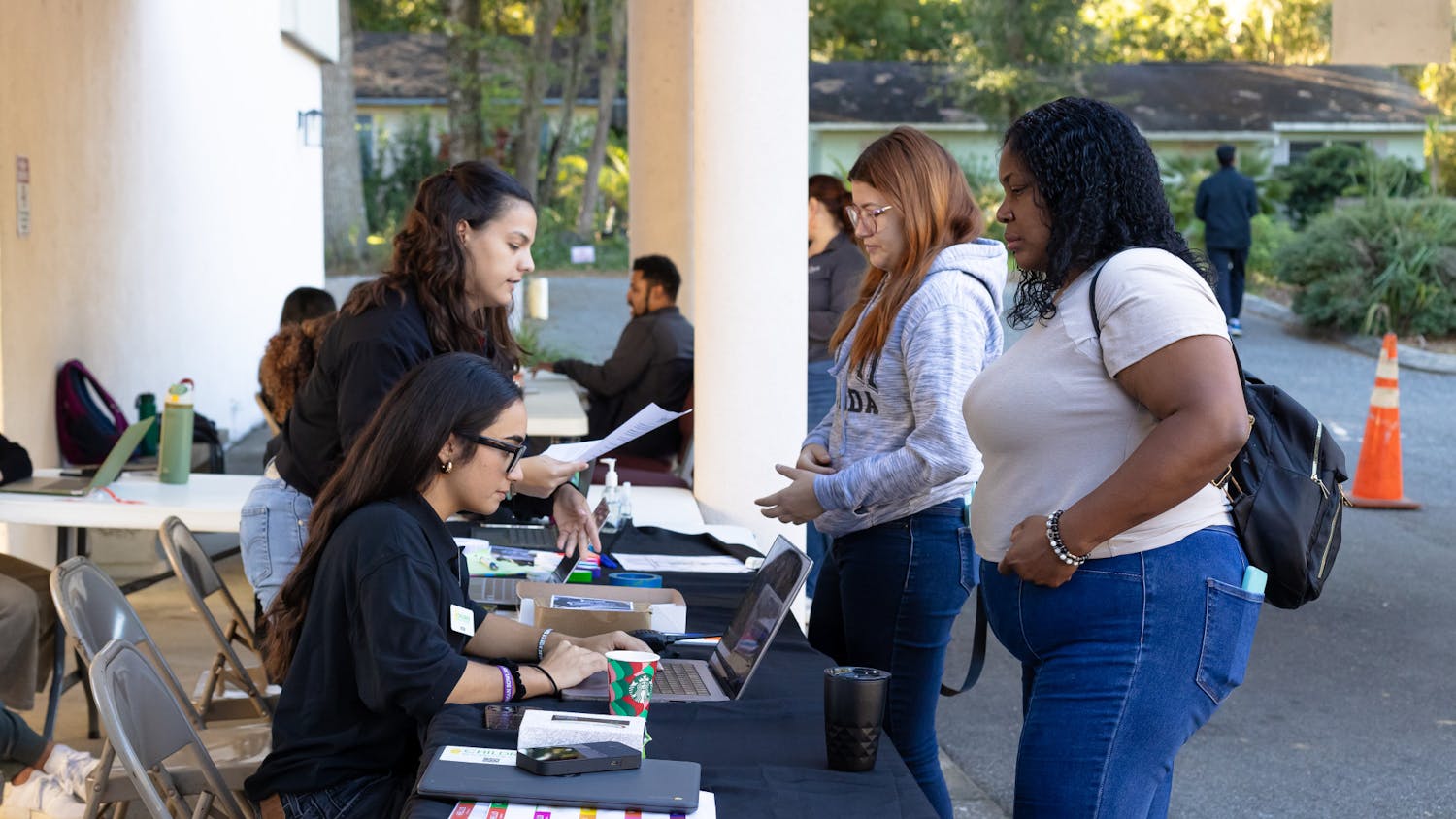Kosovo's recent independence and subsequent Serbian protests hit close to home for some UF students.
Kosovo, a former province of Serbia made up of more than 90 percent Albanians, declared its independence Feb. 17 after fighting for self-rule for decades.
Although Albanians constituted the majority of Kosovo's population, they were forced out by the Serbian government in the Kosovo war of the 1990s. Still, Serbs make up only about 10 percent of the population.
Serbs, who consider Kosovo the country's birthplace, protested the event by attacking the U.S. Embassy in Belgrade, Serbia's capital, on Thursday.
Petar Dimitrijevic, a UF political science senior, said Kosovo's secession from Serbia would be like California leaving the U.S. because of its high Hispanic population.
Dimitrijevic, who was born in Serbia, said he disagrees with Kosovo's independence.
Despite the Albanian majority today, he said Kosovo remains the cradle of Serbian civilization. The country's oldest cultural sites are in the now-independent province, he said.
"You have to understand why people are angry and as impassioned as they are," Dimitrijevic said.
Dardan Tigani, a computer science and economics senior and Albanian Kosovo native, said Serbian demonstrators overreacted, but the reaction was inevitable because Serbian leadership adds fuel to the fire.
Tigani said Serbia's brutality toward Kosovo over the past two decades makes it impossible for its inhabitants to trust the Serbian government.
Kosovo was an autonomous region of Yugoslavia from 1945 to 1989, when Serbian President Slobodan Milosevic revoked the country's independence. The process was complete by 1990 with the dissolving of Kosovo's parliament.
Tensions escalated to war in 1996 as Kosovo fought to separate itself from Serbia, leading many Albanians to flee the country.
Tigani was one of the displaced Kosovo Albanians, and after living in Montenegro and Albania, he moved to the U.S. in 2001.
The U.S. is one of at least 18 countries that recognize Kosovo as independent.
"Most Serbs have never been to Kosovo, and that's the irony," Tigani said. "Kosovo was never Serbian. Kosovo belongs to its people."
The Associated Press contributed to this report.





